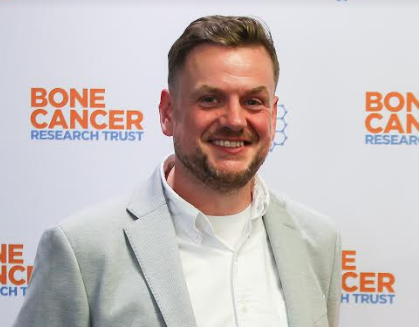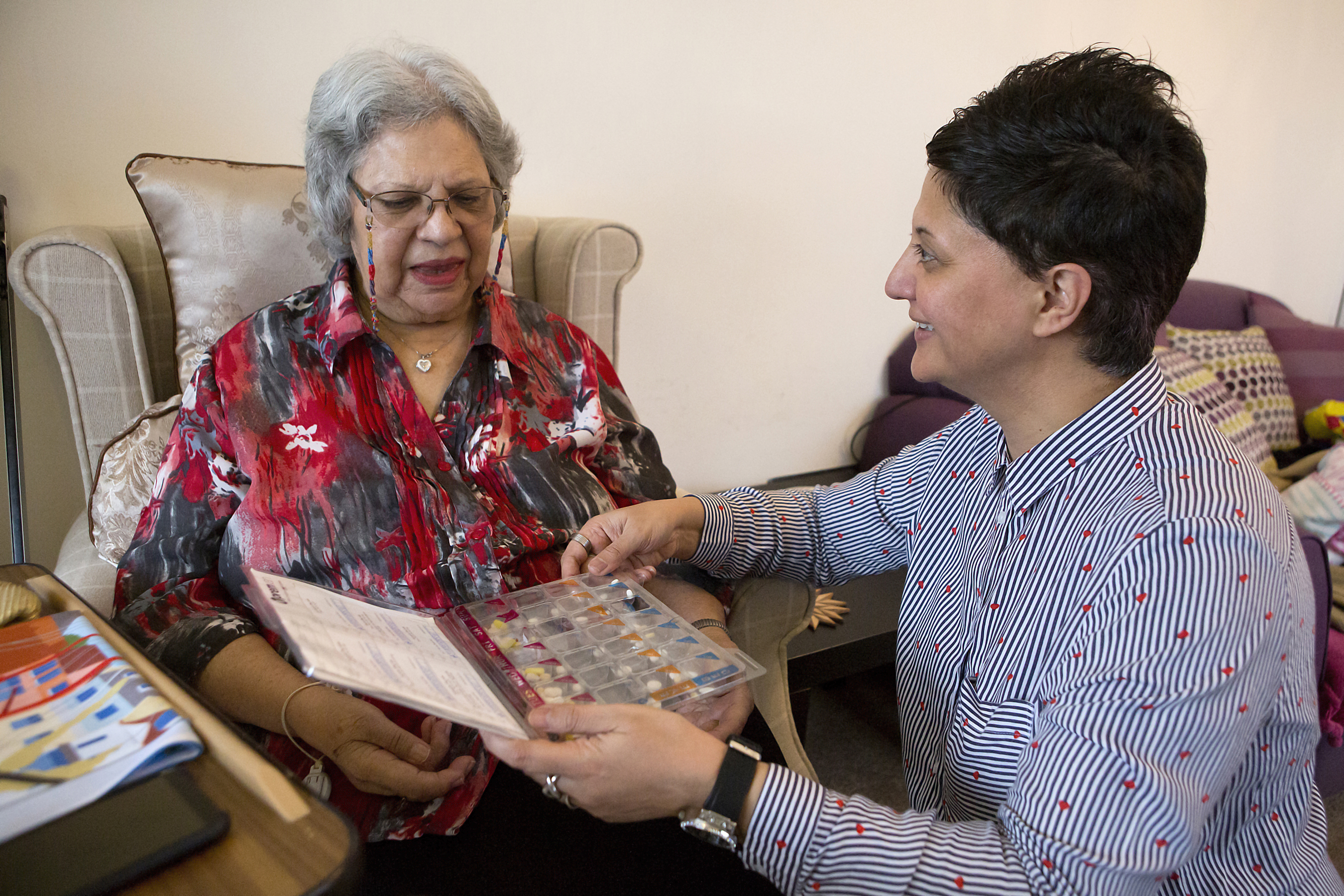Claire Turner, chief executive of Carers Leeds explains why the sector should do more to support the unpaid carers in its midst.
___________________________________________________________________
I am the chief executive of Carers Leeds, a charity that supports unpaid carers.
An unpaid carer is someone who provides help and support to a family member, friend or neighbour who couldn’t manage without their help. This could be due to illness, disability, mental health problems or substance misuse.
For some, caring has always been a part of life. For many, a caring role evolves over time. Others are thrown into a caring role. Some people live with the person they care for, some don’t. Some unpaid carers care for more than one person. Caring for someone can take up a few hours a week, or an unpaid carer may be caring for 24 hours a day, 7 days a week.
Many unpaid carers do not see themselves as carers. But if you provide help and support such as shopping, managing medication, cooking, cleaning, emotional support or personal care, such as helping someone get dressed – you are an unpaid carer.
Being an unpaid carer can be rewarding but it can also be challenging. There is strong evidence that caring can take its toll on your physical and mental health. Unpaid carers are more likely to experience poverty or loneliness than the general population.
There is an important role for the charity sector in identifying and supporting unpaid carers, both as employers and in the work that we do.
As an employer
At Carers Leeds, one in two of our staff team are working carers and most of our volunteers and trustees are or have been unpaid carers. On average, one in seven of the UK workforce is a working carer, this rises to one in three in the NHS. I haven’t seen reliable data for the charity sector, but I imagine that the number of working carers in the charity workforce is more comparable with the NHS than the national average.
Life stage also has an influence on your likelihood of becoming an unpaid carer. 46-65 is the peak caring age, so employees in mid-later life are the most likely to be juggling work and care. Women in mid-life have a 50:50 chance of becoming an unpaid carer.
As charities, we can take steps to ensure we support and retain staff who are working carers. This starts with identifying carers. Do you know how many working carers are in your workforce and who they are? Then, it is about good policies and working practices which enable working carers to juggle work and care. Carers leave, flexible working and training for line managers are core aspects of this.
We are a long way from unpaid care having parity with childcare, in a work context. But charities can help lead us in that direction, especially as so many of our current and future workforce are likely to be unpaid carers.
In our work
Too many times unpaid carers tell us that they feel ignored and undervalued. I would encourage more charities to take action to identify and reach out to unpaid carers through your work. The evidence on the value of unpaid care is clear (recent Carers UK research quantifies this as equivalent to a second NHS). The evidence of the cost to unpaid carers is equally compelling – poor health and well-being, poverty, loneliness, and isolation. Positive actions would be to include unpaid carers in initiatives which aim to tackle health inequalities, reduce poverty, or improve social connections.
There will be a carers organisation that you can refer to (Carers Leeds, like many, are affiliated with Carers Trust). We can provide information, advice and support and in some cases, respite care for the people being cared for to help give carers a break. The partnership work we do in Leeds is invaluable when trying to reach the 61,500 unpaid carers in our city.
When I talk about unpaid carers, I am not talking about others, I am talking about you and me, our friends, families, colleagues and communities. This is not something that happens to other people, it will happen to you and those around you if it hasn’t already. As Rosalynn Carter said (former first lady and long-term advocate for caregivers), ‘There are only four kinds of people in the world — those that have been caregivers, those that are caregivers, those who will be caregivers, and those who will need caregivers.’ Of course, many people will fall into more than one of these categories.
It is time for the charity sector to notice and then act.
Latest News
-
Tributes paid to 'tenacious campaigner' who co-founded Terrence Higgins Trust
-
Man who set up fake animal charity jailed for five years
-
X-odus sparks video content boom among charities, report finds
-
Charity handed £25m endowment from autistic philanthropist to help others on the spectrum
-
Civil Society Covenant blighted by delays and U-turns, report warns
-
More than 30 jobs at risk as hospice charity looks to close home care service
Charity Times video Q&A: In conversation with Hilda Hayo, CEO of Dementia UK
Charity Times editor, Lauren Weymouth, is joined by Dementia UK CEO, Hilda Hayo to discuss why the charity receives such high workplace satisfaction results, what a positive working culture looks like and the importance of lived experience among staff. The pair talk about challenges facing the charity, the impact felt by the pandemic and how it's striving to overcome obstacles and continue to be a highly impactful organisation for anybody affected by dementia.
Charity Times Awards 2023
Mitigating risk and reducing claims

The cost-of-living crisis is impacting charities in a number of ways, including the risks they take. Endsleigh Insurance’s* senior risk management consultant Scott Crichton joins Charity Times to discuss the ramifications of prioritising certain types of risk over others, the financial implications risk can have if not managed properly, and tips for charities to help manage those risks.
* Coming soon… Howden, the new name for Endsleigh.
* Coming soon… Howden, the new name for Endsleigh.
Better Society

© 2021 Perspective Publishing Privacy & Cookies














Recent Stories